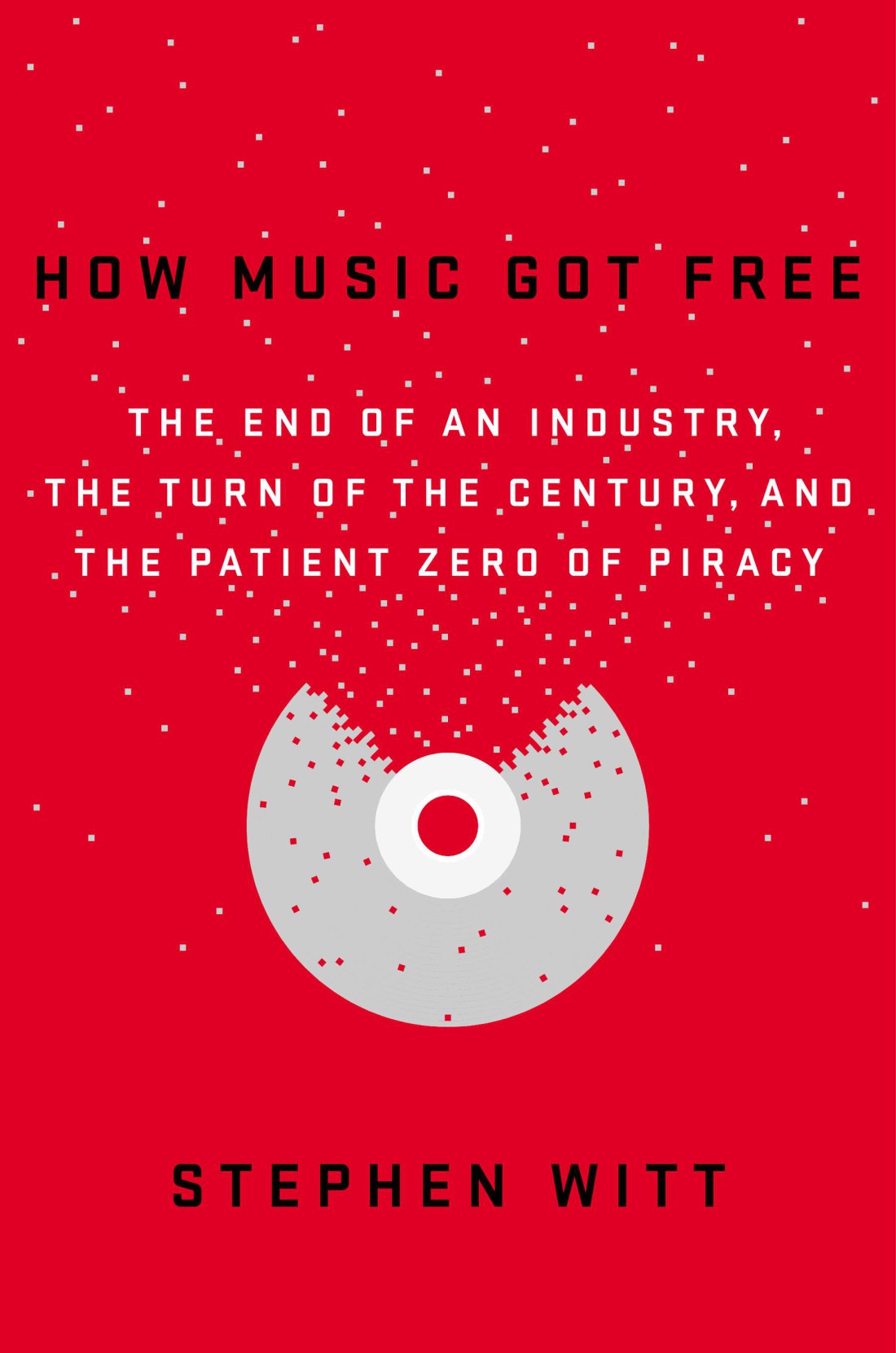When he set out to identify the origins of his brimming library of pirated music, Stephen Witt didn’t expect to end up in a small Southern town. But research steered the Brooklyn-based author to North Carolina, where he discovered the previously untold story of Shelby resident Bennie Lydell “Dell” Glover — the leading source of pirated music during the illegal peer-to-peer era and a catalyst for the collapse of an entire industry’s business model. Witt’s debut book, How Music Got Free, details the cultural heist.
“Over the course of seven years, [Glover] arranged for 2,000 compact discs to be smuggled out of [a CD pressing factory where he worked in Kings Mountain], weeks and sometimes months ahead of their official release dates,” says Witt. “He became the primary point of contact for almost all leaked digital music in the 2000s. … If you have ever pirated music, it probably came from him. It went through his hands on the way to your iPod.”
Dr. Dre’s Chronic 2001, Queens of the Stone Age’s Rated R, Blink 182’s Take Off Your Pants and Jacket, Jack Johnson’s On and On and 50 Cent’s Get Rich or Die Tryin’ are just a sampling of the thousands of gifts to downloaders that eventually earned Glover three months in prison.
But despite the smoking mouse, Witt refuses to throw Glover — or others in the story — under the bus. In fact, the author’s emotional distance from such divisive and wide-reaching subject matter makes talk of moral implications surprisingly sparse.
“I don’t see this being a story of heroes and villains. I think what I tried to show is that everyone had their own motivations,” Witt says. “Everyone is just responding to the availability of new technology. Sometimes what they do doesn’t look so great, but I think it’s predictable.”
Highlights of the book, however, come when the author trades this patience for no-frills distillations of circumstances and people, often casting a critical eye upon arbitrary crowd behavior of years past. Witt, for example, describes “some apocalyptic scenario” in which “people would stop buying so many Hanson albums,” and his recurrent jabs at Limp Bizkit are entertaining even for the handful of us who still have a red Yankees cap aging in some abandoned closet. The resulting nostalgia, which occasionally prompts a comparison of one’s previous and current beliefs surrounding piracy, makes the read pleasantly interactive.
While Glover’s role will likely be of most interest to locals, it represents only a third of the investigation. Witt also recounts the underdog rise of the MP3 file format in nerd-level detail (forever intensifying readers’ views of three-letter file extensions) and the volatile career of music mogul Doug Morris, an integral revolutionary who helps illustrate the industry’s reluctant reactions to technological progress.
The players are many and varied: greedy major record labels with inflated profits from bundling hits with filler tracks, an army of pimple-faced teens cowering behind screen names or the lesser-known team of German engineers who unleashed their audio compression technology without a full-fledged strategy for protecting others’ intellectual property. Regardless of whom, if anyone, readers attribute the music industry’s demise to upon beginning the book, they’ll look up from the back cover with a full understanding of each party’s contribution to this colossal and irreversible transformation in media consumption.



There was a good article by the same writer in The New Yorker earlier this year on the same topic:
http://www.newyorker.com/magazine/2015/04/27/the-man-who-broke-the-music-business
Yes! I think Witt wanted to break the Shelby piracy story early (Glover had never talked to another reporter before Witt) while working on the longer-term book, which gives a more complete picture of the music industry climate during that era. He included so many interesting tidbits in the book about that period. For instance, record sales actually increased during the early illegal downloading days, because downloaders wanted to be able to listen to the new songs away from computers after hearing a taste. A more disturbing tidbit was that the major labels actually started funneling their marketing dollars behind acts that appealed to older generations specifically because they were less computer savvy (hence more likely to partake in physical CD sales). That’s why in the mid-2000s, after the gangster rap trend, we were hearing from a bunch of beloved-by-moms acts like the American Idol winners.